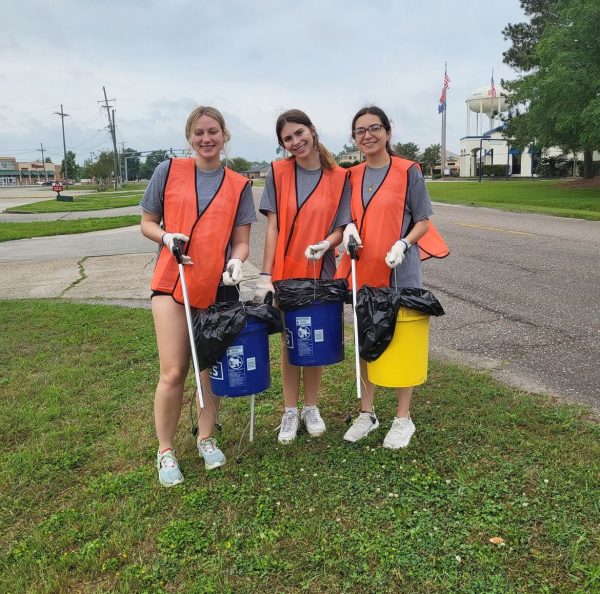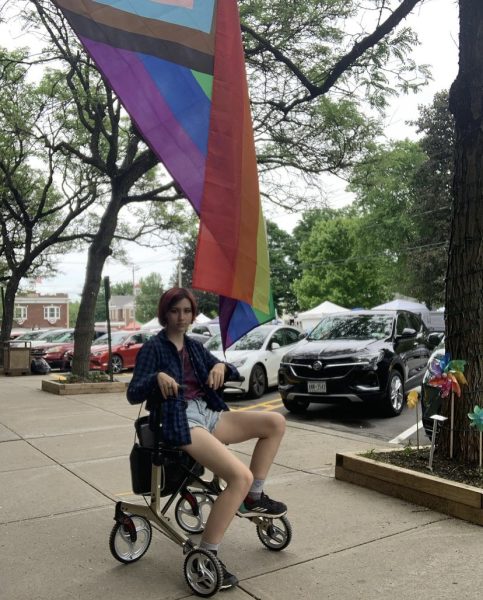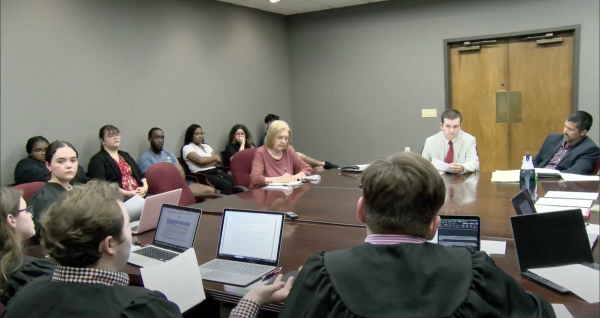Com D majors discuss Better Speech and Hearing Month
May has been declared across North America as Speech and Hearing Awareness Month to applaud the triumphs of individuals with communicative disorders and to recognize the professionals that have assisted them for over 75 years.
The theme for 2016 is “Communication Takes Care.” Whether it is working with a hearing-impaired child, adults who stutter or an elderly person after a stroke, speech-language pathologists and audiologists are trained to help
clients speak well, hear well and live well in order to achieve a better quality life.
According to the National Institute on Deafness and Other Communication Disorders, approximately 43,000,000 people in the United States suffer from a speech, voice, language or hearing impairment. Almost 28,000,000 suffer from hearing loss and approximately 10 percent of children have moderate to severe communication impairments, including speech articulation, stuttering and language-learning difficulties. Approximately 1,000,000 people in the United States have aphasia – a language disorder resulting from brain damage caused by a stroke.
The Nicholls State University health sciences concentration in communicative disorders degree is dedicated to assisting students who seek a career as a speech-language pathologist or audiologist.
Assistant professor and program coordinator of communicative disorders, Claire Bourgeois, explains that May is dedicated to raising awareness about communication disorders and to promoting treatment for individuals who have difficulty speaking, understanding and/or hearing.
“During this month, speech language pathologists and audiologists may have campaigns to educate the public about the early signs of communication or hearing disorders,” Bourgeois said. “This may focus on things such as newborn hearing screening and follow-up, noise-induced hearing loss in children, communication issues related to autism, language and literacy or communication and cognitive difficulties of individuals following brain injury.”
Senior communicative disorders major from Ama, Hannah Haydel, was inspired to make this her major because of her grandmother, who suffered from a stroke that caused her to have to learn to communicate all over again.
“I think a lot of people do not know what a speech pathologist is, besides fixing stutters,” Haydel said. “Awareness of this major plays a large role in understanding the struggles of other people and the wide range of disorders that require speech therapy in order to better a person’s quality of life.”
When her grandmother suffered from a stroke in 2010, Haydel closely observed the speech-language pathologist at the hospital that worked with her grandmother for about five months.
“I chose it because I found it to be an interesting and flexible career that I related to when my grandmother was unable to communicate after having a stroke,” Haydel said. “I saw how difficult it was for her to not be understood by anyone she cared about and how it affected her mentally.”
The American Speech-Language-Hearing Association (ASHA) has long declared the prevention of communication disorders as one of the profession’s primary responsibilities. Committee activities and educational programs are just a couple of ways the ASHA has addressed this responsibility.
Another communicative disorders major from Paulina, Jaci Poirrier, chose this major because she wanted to work with children, but also wanted to do something in the medical field.
“When I began research for this major, I found that I would be able to do both, which is why I literally fell in love with speech pathology.” Poirror said. “I began taking classes for my major and my passion only began to grow more and more.”











